On October 9, 2021, CNN Arabic published an interview with EFE's Senior Vice President of Strategy, Partnerships & Communications, Jasmine Nahhas di Florio, on the employment gap in MENA that has been exacerbated by the COVID-19 crisis.
Click here to read the full piece. (The article is in Arabic, and a translation is provided below.)
Translation:
Dubai, United Arab Emirates (CNN) — The countries of the Middle East and North Africa must encourage young people to become entrepreneurs and shift their focus to the technology sector to bridge the employment gap that has widened due to the COVID-19 crisis. This is the perspective shared by an executive at the Education For Employment Foundation (EFE).
In an interview with CNN Arabic, Jasmine Nahhas di Florio stated that the region must enhance the skills of women and youth in promising sectors such as the gig economy, technology, and healthcare. Without such efforts, economic development in the region will face significant challenges.
"For example, converting young people from among the world's most tech-savvy consumers into its producers to prepare them for the jobs of today and the future," said di Florio, who serves as EFE's Senior Vice President of Strategy and Partnerships.
She noted that development across the region is uneven, distinguishing between Gulf countries that are advancing entrepreneurship and others where progress remains slow. "In general, the region has the lowest level of entrepreneurship—not due to a lack of skills, but because of an underdeveloped ecosystem," she said.
The Education For Employment Organization (EFE) is a non-profit that has trained nearly 130,000 youth and womenin the region for the job market since its establishment in 2006.
Di Florio emphasized the importance of increasing women's participation in the labor market, warning that the cost of keeping women "on the margins" is high.
The pandemic significantly impacted job losses in the hospitality and tourism sectors, but di Florio pointed out that new job opportunities are emerging in healthcare and technology.
EFE operates in countries including Saudi Arabia, the UAE, Egypt, Morocco, and Yemen.
Although Lebanon is not one of the countries where EFE has a presence, the nation is facing an unprecedented economic and social crisis.
Tarek Eid, a young Lebanese student in London, shared that he volunteers with 15 others to provide job-seeking support to fellow Lebanese citizens.
Eid founded the LEBridge platform, which now has about 10,500 followers on Instagram.
In a statement to CNN Arabic, he said, "When the Beirut port explosion happened, I wanted to find a way to help my country. At first, I simply shared job opportunities on Instagram, but we have since expanded to provide free career advice to job seekers."
Eid added, "The message I want to convey is that employment for Lebanese youth is essential for the country to rise again from its crisis."
The Gulf countries were not immune to the economic consequences of the COVID-19 crisis. Saudi Arabia, for instance, saw its economy contract last year due to the pandemic and declining oil prices. Saudi Arabia remains the world's largest oil exporter.
Jihad Azour, Director of the Middle East and Central Asia Department at the International Monetary Fund (IMF), told CNN Arabic last month that the global economy is at a turning point, influenced by various factors, including vaccination efforts, which play a crucial role in economic recovery.
Azour stressed that government institutions must become more effective and contribute more significantly to job creation. He estimated youth unemployment in the region to be between 15-20% and highlighted the role of small and medium enterprises (SMEs) and government companies in generating new employment opportunities.



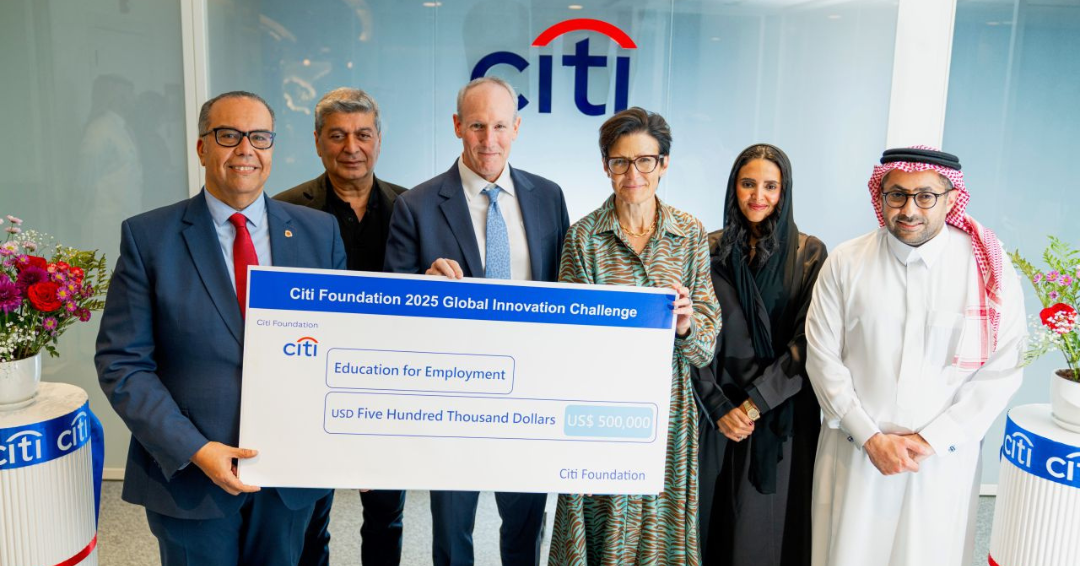

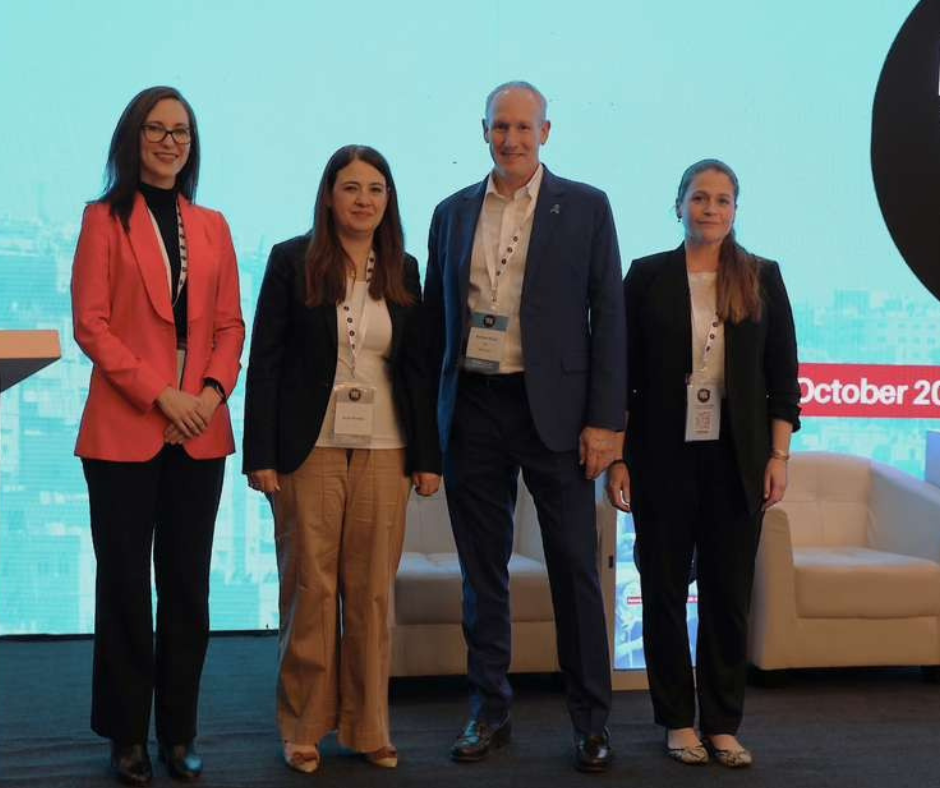



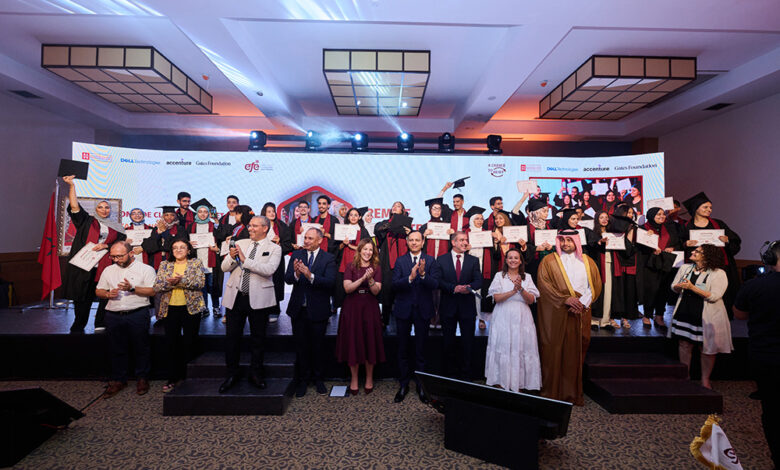
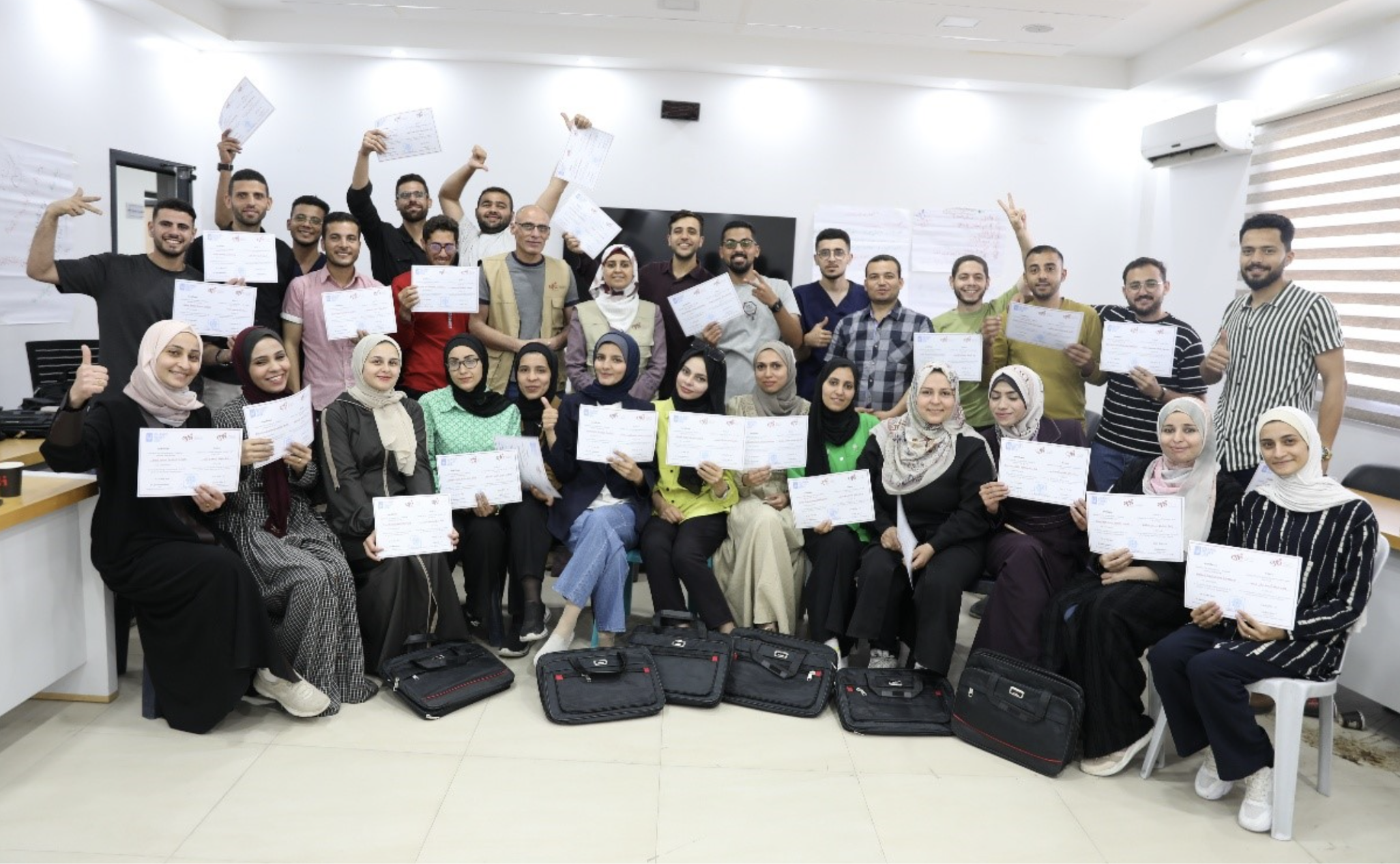


-min.jpg)











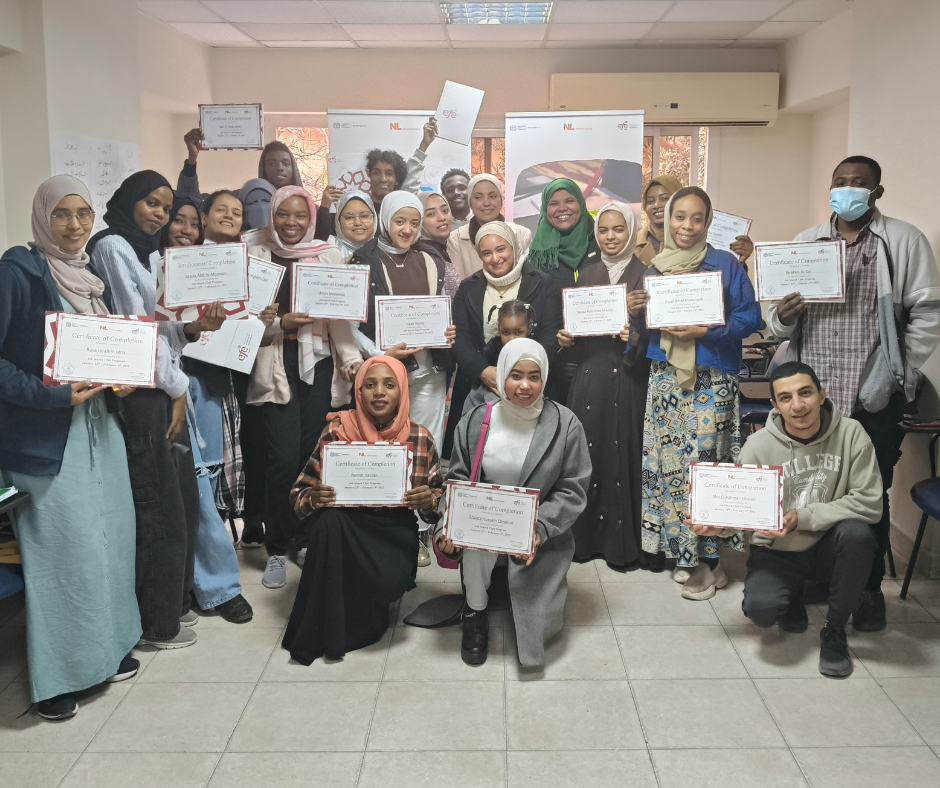





























































_Ivan%20Fernandez-min.jpg)








